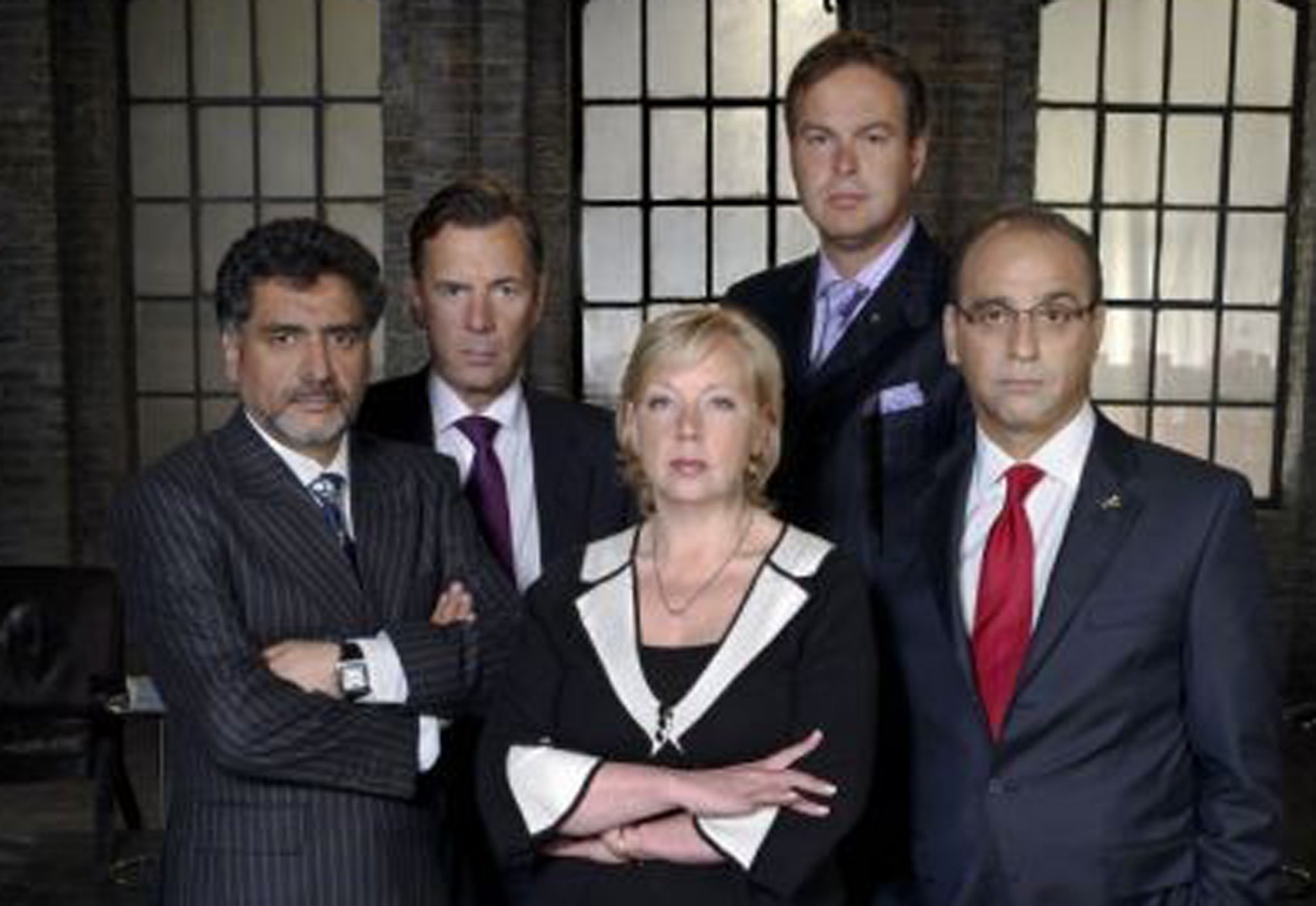Is it time to put yourself on the side of the angels in this innovative take on crowdfunding?

Your support helps us to tell the story
From reproductive rights to climate change to Big Tech, The Independent is on the ground when the story is developing. Whether it's investigating the financials of Elon Musk's pro-Trump PAC or producing our latest documentary, 'The A Word', which shines a light on the American women fighting for reproductive rights, we know how important it is to parse out the facts from the messaging.
At such a critical moment in US history, we need reporters on the ground. Your donation allows us to keep sending journalists to speak to both sides of the story.
The Independent is trusted by Americans across the entire political spectrum. And unlike many other quality news outlets, we choose not to lock Americans out of our reporting and analysis with paywalls. We believe quality journalism should be available to everyone, paid for by those who can afford it.
Your support makes all the difference.Crowdfunding has had more than its fair share of bad publicity with accusations that the sector is amateurish, unregulated and taking advantage of private-investor goodwill.
But the latest variant on the crowdfunding theme, the Syndicate Room, is attempting to bring a little more business savvy to this overpopulated sector.
The Syndicate Room, the first of its type in the world, asks investors to put their money into companies which have already received substantial financial injections from professional business angels. In effect, investors are given the chance to piggy-back on dragons' den style professional investors, who have already piled in the cash.
"Much of crowdfunding is about small amounts of cash to support what I call social enterprise. The syndicate room is different because it is all about using the business know-how and due diligence of the professional class of large-scale private investors," Goncalo de Vasconcelos, the founder and ceo of Syndicate Room said. At £500, minimum investments are higher than crowdfunding sites, which can start at £10, but in return investors are treated in the same way as the predominant angel investor, who has a minimum 25 per cent of the investment.
"Investors through the Syndicate Room get exactly the same quality shares as the main private angel investor, so if he or she makes money so do you, even if you only put in the £500 minimum.
"What's more, you get proportionally the same stake in the company being invested as the angel investor and invariably they drive a hard bargain, which you can be a beneficiary of too," Mr de Vasconcelos added. The site already has a host of companies looking to tempt investors to plough in their cash, including biotech firm Eagle Genomics, online music platform www.psonar.com and business solution firm www.blendology.com.
To be accepted onto the platform these companies have to have received backing from a business angel equivalent to at least 25 per cent of the total amount of the capital they are looking to raise. The firm aims to help at least 12 firms to raise cash in the next year. Typical returns to business angel investors are 22 per cent per year but the Syndicate Room says this is high risk and that investments are illiquid.
"You won't see money in the first three years, expect to wait five to seven years minimum and don't put in what you can't afford to lose or will need in an emergency," Mr de Vasconcelos added.
But such claims of double-digit returns come with hefty health warnings, according to Brian Dennehy, managing director of fundsexpert.co.uk: "First the site needs to build a track record, and we would typically avoid such new ventures until there is one. How much of the £500 is invested? There is no information on this. Who are the lead angels that will be relied on so much? the sums being raised are quite small, so how much top-class due diligence is realistically taking place?"
Mr Dennehy warns any investment in Syndicate Room can be lost in its entirety as it is not part of the Financial Services Compensation Scheme. Having said that though Mr Dennehy does add that he likes the concept: "With the banking system broken as a source of capital these sorts of innovations are desperately needed."
Join our commenting forum
Join thought-provoking conversations, follow other Independent readers and see their replies
Comments